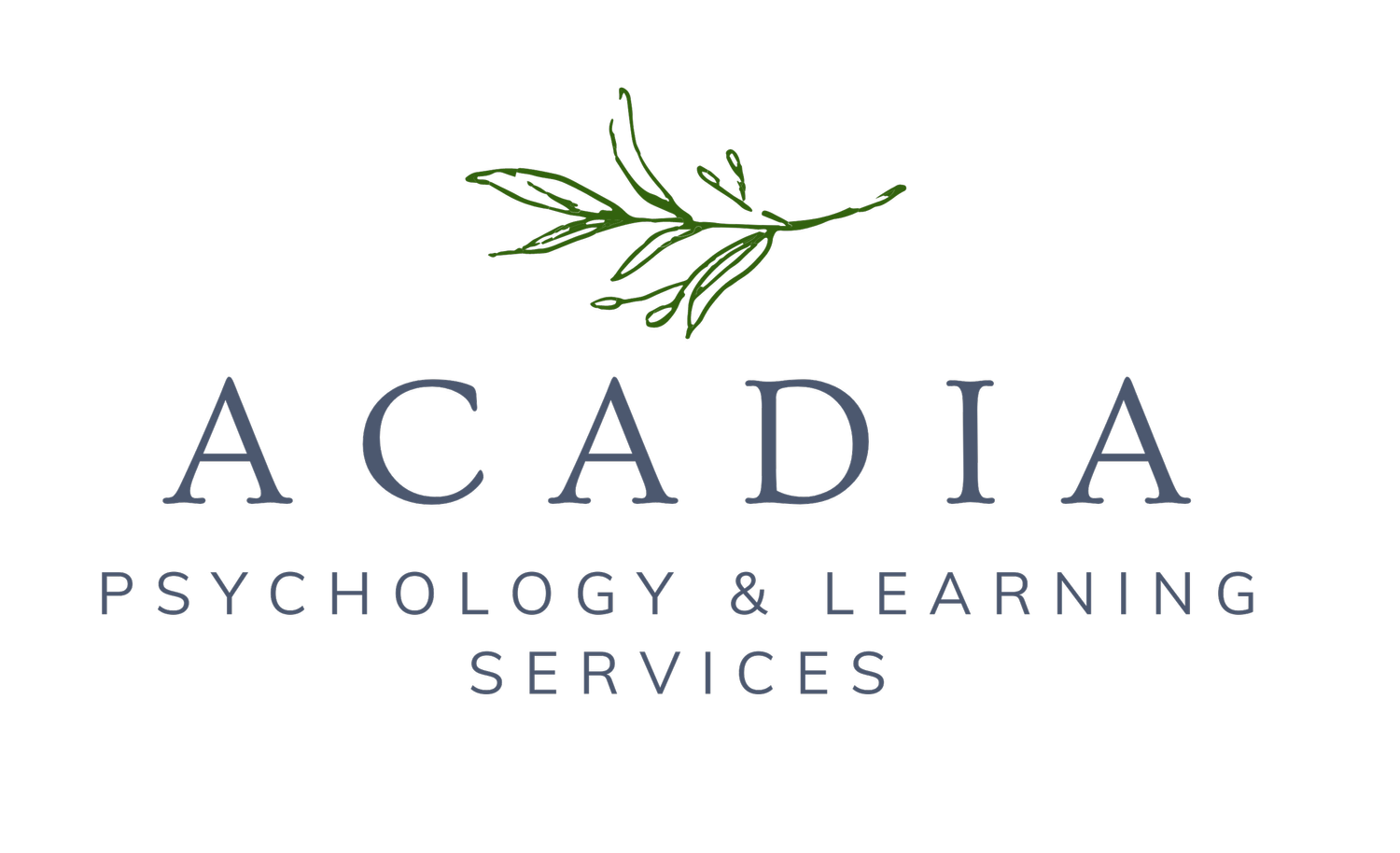Is it ADHD or Anxiety, or Both? How Psychological Testing Brings Clarity
When your child is struggling (whether it’s in school, at home, or with friends) it can feel confusing and overwhelming. Maybe the teacher says they have trouble paying attention, but at home you notice they’re restless, emotional, or full of worries. You start asking yourself: Is this ADHD? Is it anxiety? Or maybe even both?
It’s not always easy to tell, because ADHD and anxiety can look so much alike on the surface. That’s why it takes a careful, thoughtful evaluation to really understand what’s going on.
Why ADHD and Anxiety Often Look Alike
Children with ADHD may appear distracted, forgetful, or avoidant of tasks because they have trouble sustaining attention and organizing their work. Children with anxiety may appear the same way, but for different reasons. In these cases worry and stress get in the way of focusing or following through.
For example:
A child with ADHD may leave homework unfinished because they lose focus and move on to something else.
A child with anxiety may leave homework unfinished because they are worried about making mistakes or feel overwhelmed.
On the surface, the behavior looks similar, but the underlying reasons are very different.
Why Clarity Matters
Getting the diagnosis right is important. Treatment and support strategies differ depending on whether a child is experiencing ADHD, anxiety, or a combination of both. For instance:
ADHD interventions often focus on building executive functioning skills, organization, and attention strategies.
Anxiety interventions may include cognitive-behavioral therapy, coping skills, and approaches to reduce worry and stress.
Without clarity, families may try one approach after another without seeing progress, leaving both the child and parents frustrated.
How Psychological Testing Helps
A comprehensive evaluation can sort out these complex questions. At Acadia Psychology and Learning Services, our evaluations include:
Interviews with parents and teachers to understand your child’s history and day-to-day functioning.
Standardized rating scales that measure attention, executive functioning, behavior, and emotional well-being from multiple perspectives.
Cognitive testing to examine memory, processing speed, and problem-solving.
Social-emotional measures that help uncover patterns of worry, mood, and self-regulation.
By bringing all of this information together, we can provide families with a clear picture of their child’s strengths and challenges, as well as practical recommendations for school and home.
The Takeaway
If you’re not sure whether your child’s challenges come from ADHD, anxiety, or a mix of both, you’re definitely not alone. These questions are so common, and the answers aren’t always straightforward. That’s where a good evaluation can make all the difference. It helps untangle the confusion and gives you clear answers, so you and your child can move forward with confidence and a plan that actually fits.
At Acadia Psychology and Learning Services, we believe every child deserves to be seen and understood for who they are. Our evaluations are built to give families not just a diagnosis, but clarity, confidence, and real next steps.
Ready to learn more? Contact us today to schedule a complimentary consultation and see how we can support your family!

